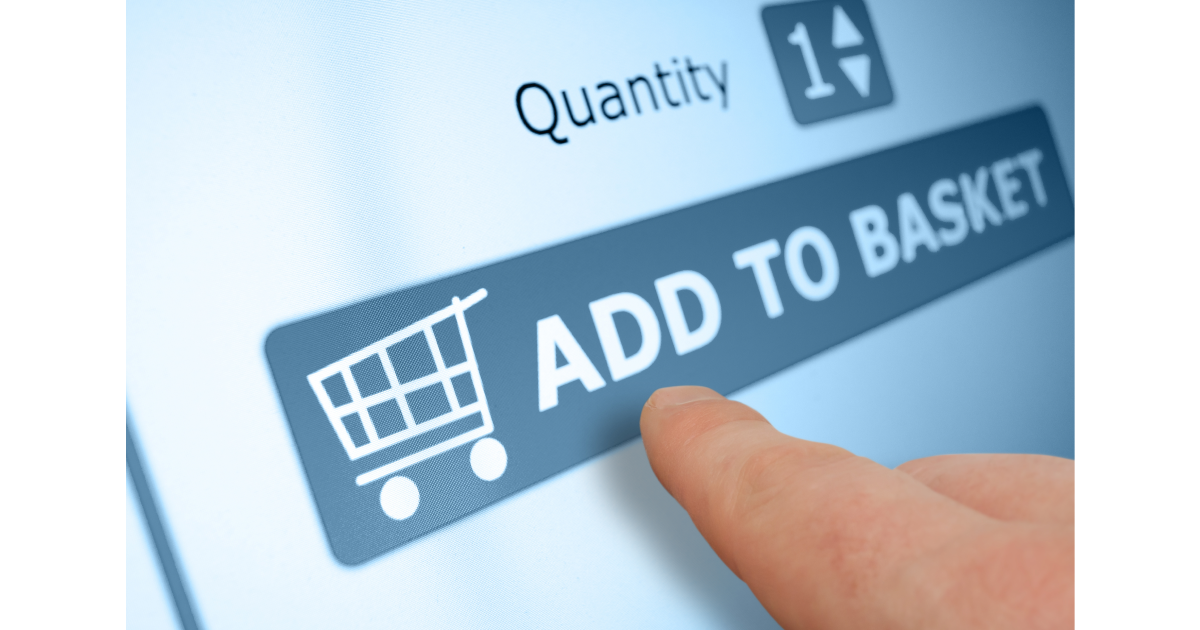According to national estimates, more than 12 million people in France live with a disability, and if your digital experiences aren’t accessible, your organization may face steep fines under French accessibility law. The RGAA (Référentiel Général d’Amélioration de l’Accessibilité) is legally binding and applies not just to public bodies but also to many private companies and their vendors.
June 28 is the deadline! If your company has customers in any EU country, now is the time to assess your risk and readiness. Book a meeting with UsableNet to get expert support ahead of enforcement.
Whether you manage a municipal website in Lyon or run an international e-commerce site serving French customers, this guide outlines the five key steps to compliance to mitigate risk, maintain eligibility for public contracts, and support inclusive user experiences.
What Is RGAA—and Why It Matters for Your Business
The Référentiel Général d’Amélioration de l’Accessibilité (RGAA) is the French government’s accessibility standard. It makes WCAG 2.1 AA conformance a legal requirement under Article 47 of Law No. 2005-102 and Decree No. 2019-768.
The current version, RGAA 4.1, includes:
- 13 chapters
- 106 criteria
- Over 300 detailed test methods
RGAA’s scope goes well beyond public sector websites—it covers:
- Public and private websites
- Mobile and desktop applications
- Intranets and extranets
- Downloadable files and documents
Organizations must also publish a French-language accessibility statement (Déclaration d’accessibilité) that declares conformance levels and includes a user feedback mechanism.
RGAA vs. WCAG 2.1 AA: What’s the Difference?
While RGAA is based on WCAG 2.1 AA, it adds legal structure and practical implementation details for the French market.
Key differences:
- Legal references: Each RGAA criterion is tied to French law, enabling enforcement.
- Granularity: Several WCAG criteria (e.g., 1.4.3) are split into multiple RGAA tests (e.g., 8.7 and 8.8).
- Proof of Compliance: RGAA mandates a scored audit and published statement; WCAG alone is voluntary unless adopted by a law.
Understanding these differences helps avoid gaps in testing and ensures your documentation meets legal expectations.
Does RGAA Apply to You? Fines, Risks, and Enforcement Explained
In France, digital accessibility is mandated by Law No. 2005-102, also known as the "Loi pour l'égalité des droits et des chances, la participation et la citoyenneté des personnes handicapées." This law requires certain organizations to comply with the Référentiel Général d’Amélioration de l’Accessibilité (RGAA), which aligns with WCAG 2.1 AA standards.Wikipédia, l'encyclopédie libre
Who Must Comply?
1. Public Sector Organizations:
All public entities in France, including state administrations, local authorities, and public institutions, are required to ensure the accessibility of their digital services. This encompasses websites, mobile applications, intranets, and other digital platforms.
2. Private Companies with Significant Revenue:
Private companies operating in France with an average annual revenue exceeding €250 million over the previous three years must comply with RGAA standards. This requirement applies to digital services offered to the public, such as websites and mobile applications.
3. Service Providers and Subcontractors:
Third-party vendors and service providers working with the aforementioned public and private entities must also ensure their digital offerings meet RGAA compliance levels. Non-compliance can lead to exclusion from tenders or termination of existing contracts.
Penalties for Non-Compliance
Failure to adhere to RGAA requirements can result in administrative fines of up to €20,000 per non-compliant digital service, renewable annually until compliance is achieved. Additionally, organizations may be listed on a public register of non-compliant entities, which can impact their reputation and eligibility for public contracts.
While enforcement authorities may provide a remediation period—typically around three months—before imposing fines, this grace period is not guaranteed. It can vary based on non-compliance severity and the entity's responsiveness.
Five-Step Roadmap to RGAA Compliance
Following this process will help you move from risk to readiness:
- Audit your digital properties
Use a mix of automated scans and expert manual testing across websites, mobile apps, and documents.
Try a free automated scan with UsableNet AQA. - Prioritize and plan
Organize issues by severity, frequency, and level of effort to fix. Align on timelines and responsibilities. - Remediate and retest
Designers, developers, and content authors make necessary fixes. QA validates every update against RGAA criteria. - Publish your Déclaration d’accessibilité
Required by law, yhis French-language statement must include your audit score, covered technologies, any exemptions, and a user feedback channel. - Monitor continuously
Schedule regular automated scans and conduct at least one full expert audit annually to maintain compliance.
Frequently Asked Questions
How does RGAA France relate to WCAG 2.1 AA?
RGAA 4.1 is based on WCAG 2.1 AA. Meeting all RGAA criteria means you meet WCAG 2.1 AA—but not vice versa.
What are the penalties for non‑compliance?
Fines can reach up to €20,000 per non-compliant site each year. In some cases, penalties may be higher depending on the severity and duration of non-compliance
Does RGAA apply to internal platforms and documents?
Yes. RGAA covers intranets, extranets, downloadable documents, media players, and certain kiosks.
What if we sell into France but aren’t based there?
If you operate a French-language site, serve French customers, or have a local business entity, you may still be subject to RGAA requirements.
How UsableNet Helps
RGAA compliance requires more than testing—it demands an ongoing strategy. UsableNet helps you meet requirements efficiently and confidently.
- Automated + Manual Audits
- Comprehensive testing from scans and assistive tech users
- Remediation Support
- Work with developers who fix—not just flag—issues
- Training & Strategy
- Custom workshops and roadmap planning in French or English
- Ongoing Monitoring
- Prove compliance with continuous dashboard tracking
Conclusion: RGAA Compliance Isn’t Optional—But It Can Be Manageable
RGAA enforcement is already active. By auditing early, prioritizing fixes, and publishing your Déclaration d’accessibilité, you can avoid fines and demonstrate your commitment to inclusion in one of the world’s most digitally regulated markets.
Ready to take action? UsableNet offers a range of educational tools and support materials to help businesses prepare for the upcoming EAA deadline.
- Visit the European Accessibility Act Resource Hub to learn more








